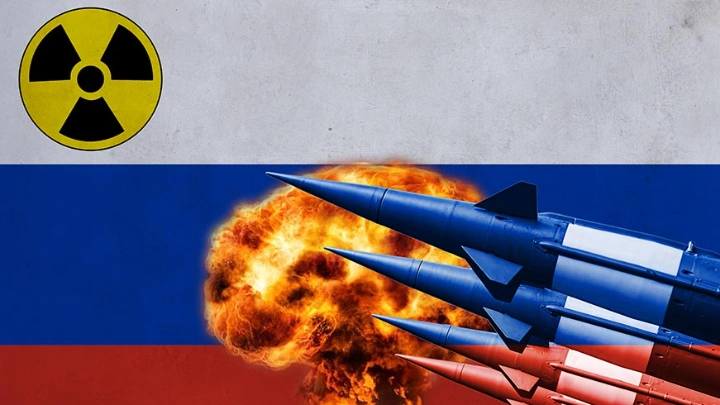On 25 September, in the biannual standing conference on nuclear deterrence in Russia’s Security Council, President Putin proposed changes to the “fundamentals of state policy of the Russian Federation in the sphere of Nuclear deterrence” or Russia’s nuclear doctrine. Along with the nuclear doctrine, the military doctrine was also proposed to be updated. The rationale of this proposed change was due to the new changes in the military-political realm, factoring in new threats emerging for Russia and its allies—i.e., the increasing intensity of the Ukrainian attacks on Russian soil and the recent request of Ukrainian president Volodymyr Zelensky to the United States (US) and the United Kingdom(UK) to strike deep inside Russia using long-range missiles.
Since last year, talks have been held between specialists from the Russian Ministry of Defence, the Ministry of Foreign Affairs, and the Office of the Security Council on making amendments to Russia’s nuclear doctrine. This new doctrine underlines Moscow’s red lines to further limit Ukraine’s options in striking within Russian territory and is a signal to NATO countries to elicit restraint in its support for Ukraine by limiting Kyiv’s counter-attacks within the Ukrainian theatre.
The launch of conventional weapons such as hypersonic missiles, drones, strategic and tactical aircraft, and cruise missiles towards the Russian border and crossing into the territory of the Russian Federation is justification for the use of nuclear missiles.
What are the new proposed changes?
The proposed changes will update the 2020 nuclear doctrine and aim to broaden the list of states and alliances against which deterrence can be carried out. The language has evolved wherein a non-nuclear state conducting aggression against Russia with the support of a nuclear state- even using conventional weapons-will be interpreted as a joint attack against Russia. Second, it has reduced the threshold for military attacks inside Russia. The launch of conventional weapons such as hypersonic missiles, drones, strategic and tactical aircraft, and cruise missiles towards the Russian border and crossing into the territory of the Russian Federation is justification for the use of nuclear missiles. Thirdly, while the previous doctrines mentioned Russia calling for nuclear deterrence in defence of an ally, the proposed doctrine calls for a nuclear response in the event of an attack against Belarus, citing Minsk as a party to the treaty establishing the Union State of Russia and Belarus. Further, Putin emphasised the importance of the nuclear triad for the guarantee of Russia’s survival and as an instrument for maintaining the balance in the world.
Read Full Article:




